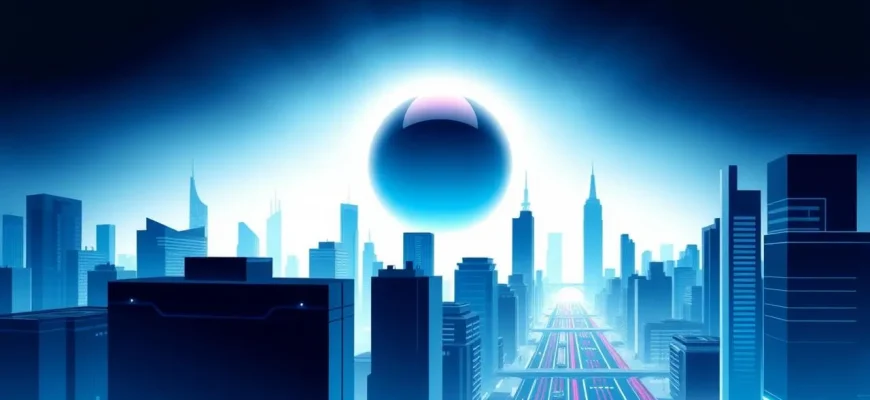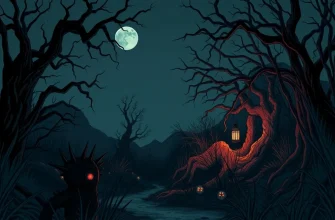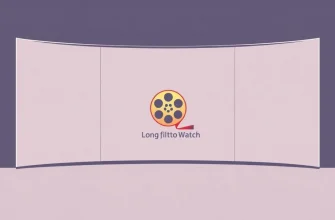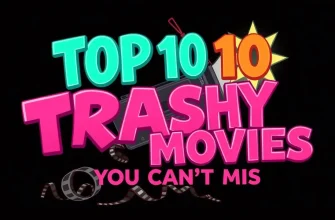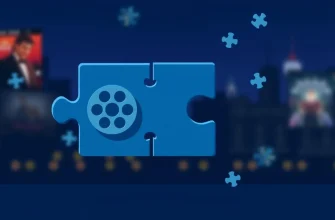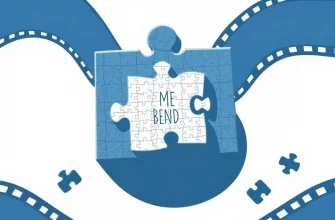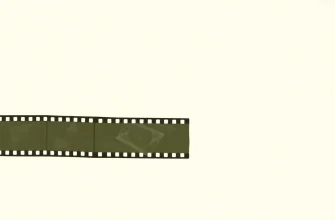Dive into the world of science fiction with our handpicked selection of films that blend reality with imagination. These movies not only entertain but also provoke thought, challenge perceptions, and explore the boundaries of human potential and technology. Whether you're a die-hard sci-fi fan or just dipping your toes into the genre, this list has something for everyone.
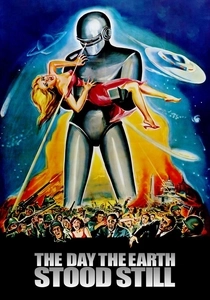
The Day the Earth Stood Still (1951)
Description: A classic sci-fi film where an alien arrives on Earth to deliver a message of peace, but his intentions are misunderstood, leading to a tense standoff. It's a timeless tale of humanity's fear of the unknown.
Fact: The film was one of the first to use a flying saucer as a central plot device, influencing countless sci-fi films thereafter.
 Watch Now
Watch Now 
The Matrix (1999)
Description: This groundbreaking film introduced audiences to the concept of virtual reality and the idea that our perceived reality might be an illusion. Its influence on pop culture and technology discussions is immeasurable.
Fact: The Wachowskis wrote the script in just three months. Also, the film's "bullet time" effect was created using hundreds of still cameras and a special rig.
 Watch Now
Watch Now 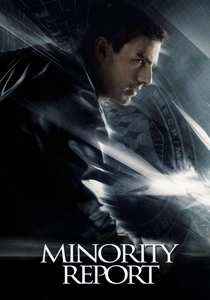
Minority Report (2002)
Description: Set in a future where crimes are predicted and prevented before they happen, this film explores themes of free will, destiny, and the ethics of preemptive justice.
Fact: The film's futuristic technology, like gesture-based interfaces, has influenced real-world tech development.
 Watch Now
Watch Now 
A.I. Artificial Intelligence (2001)
Description: Directed by Steven Spielberg from a Stanley Kubrick concept, this film tells the story of a childlike android programmed to love, exploring themes of humanity, love, and what it means to be alive.
Fact: The film was in development for over 20 years, with Kubrick initially planning to direct it before his death.
 Watch Now
Watch Now 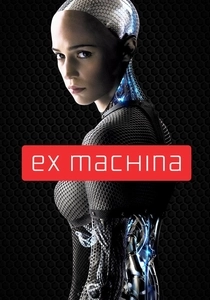
Ex Machina (2014)
Description: A small-scale but deeply engaging film about a programmer who is invited by his CEO to administer the Turing test to an intelligent humanoid robot. It raises questions about consciousness and the ethics of AI.
Fact: The film was shot in a single location, a remote house in Norway, to keep the focus on the characters and their interactions.
 Watch Now
Watch Now 
Interstellar (2014)
Description: A visually spectacular journey through a wormhole near Saturn, this film combines hard science with emotional storytelling, focusing on human survival and the love between a father and daughter.
Fact: Real scientists, including Kip Thorne, were consulted to ensure the film's depiction of black holes and time dilation was scientifically accurate.
 Watch Now
Watch Now 
Inception (2010)
Description: Christopher Nolan's mind-bending masterpiece about a professional thief who uses experimental technology to infiltrate the subconscious of his targets. The film's exploration of dreams within dreams makes it a standout in the sci-fi genre.
Fact: The film required the creation of a new software to simulate the dream worlds. Also, the spinning top used by Cobb was not a prop; it was a personal item of Nolan's.
 Watch Now
Watch Now 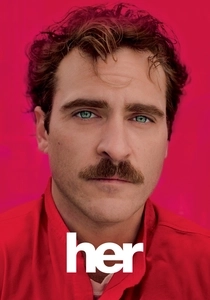
Her (2013)
Description: Spike Jonze's poignant exploration of love and loneliness in the age of AI, where a man falls in love with an operating system, raises questions about the nature of relationships in a digital world.
Fact: The voice of the AI, Samantha, was provided by Scarlett Johansson, who was cast after Samantha Morton was replaced.
 Watch Now
Watch Now 
Blade Runner 2049 (2017)
Description: A sequel to the iconic original, this film delves deeper into the themes of identity, humanity, and artificial intelligence, set in a visually stunning dystopian future.
Fact: The film was shot entirely on location, with no green screen used for the cityscapes. The movie also features a cameo by the original film's director, Ridley Scott.
 Watch Now
Watch Now 
Arrival (2016)
Description: Denis Villeneuve's film about linguists trying to communicate with alien visitors explores themes of time, language, and perception, offering a fresh take on first contact narratives.
Fact: The film's unique non-linear narrative structure was inspired by the short story "Story of Your Life" by Ted Chiang.
 Watch Now
Watch Now 
